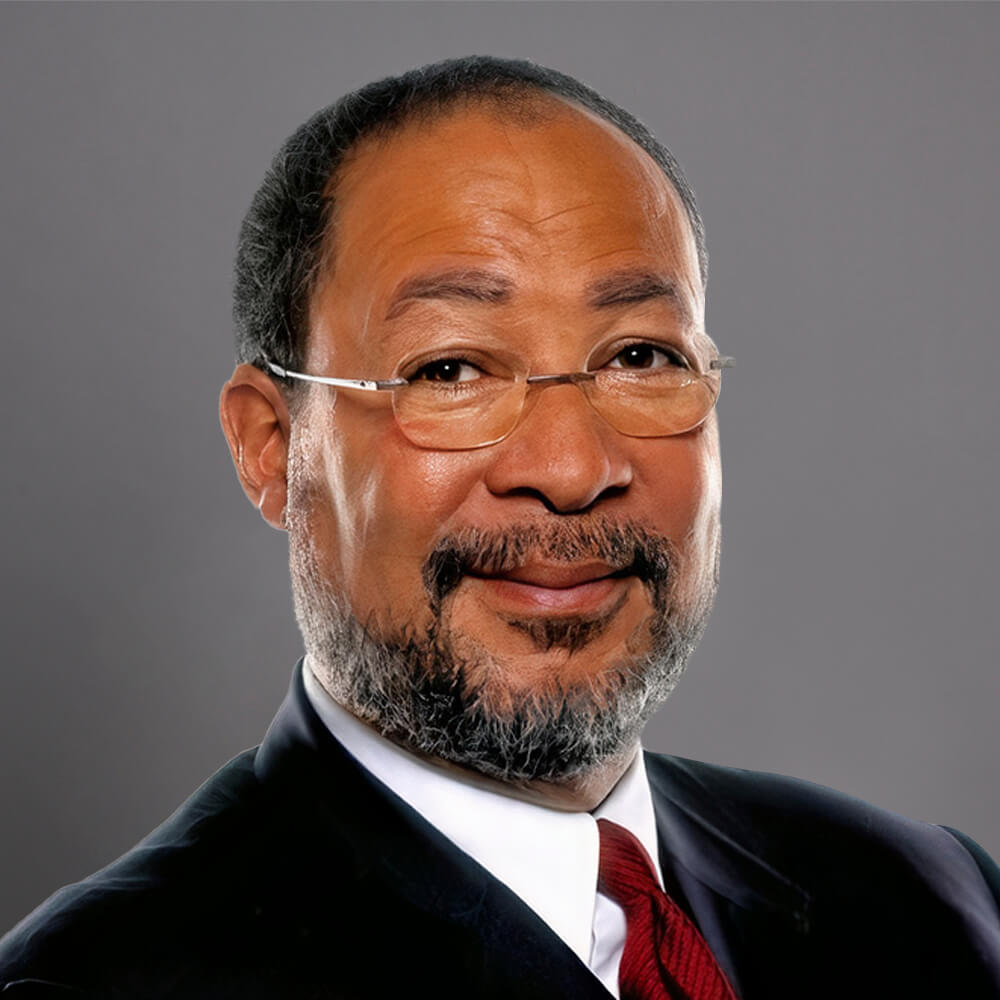Richard Parsons wasn’t a vocal or highly publicized pioneer, but he was a vital and important one. For many years, he was the highest-ranking Black executive in any media company, and by default the most powerful Black man in Hollywood. But his reluctance to emphasize that fact kept many on the outside from knowing or recognizing his stature. Parsons, who passed last Thursday at 76, played major management roles at such firms as CBS Corp., Citigroup, and the Los Angeles Clippers. He passed at his Manhattan home of bone cancer, according to a close friend, Ronald S. Lauder, a member of the Estée Lauder board, who told The New York Times.
Though he didn’t stay long in his role as interim chairman of CBS, Parsons helped turn things around after then-chairman and CEO Leslie Moonves resigned in 2018 following allegations of sexual harassment. Parsons helped negotiate Moonves’ exit and was involved in the appointment of COO Joseph Ianniello as acting CEO. Parsons also brought in six new directors but had to leave less than a month later due to health problems.
Parsons’ advice to aspiring Black executives was to never assume they couldn’t achieve certain positions. “The sky’s the limit,” he told Fortune magazine in 2016. “Those barriers that were almost impenetrable a generation ago, certainly two generations ago, are gone. There are other structural things that we need to do in our society to level the playing field, but you can go from the top to the bottom almost regardless of race, origin, creed, or sexual orientation.”
Parsons took over the chairmanship of AOL Time Warner in 2002, when the company was tottering after the disastrous merger of AOL with Time Warner. “At that moment,” he said, “they were not looking for a visionary or necessarily Mr. Charismatic or someone to replicate the dimension of a mogul.” He added: “Almost nobody recalls that I was the CEO who had the largest recorded loss in the history of American corporations. For the year 2002, my first annual report, we took a write-down of $99 billion. Stunning.”
Parsons was selected by the AOL Time Warner board as chairman and CEO. He immediately sold off some AOL Time Warner assets and made some replacements. He also gathered 300 top staffers together and had a Gulf War leader, Gen. Norman Schwarzkopf, speak to them. “Norman was asked, ‘What are your rules of leadership?’” said Parsons. “He said, ‘I have two. Rule No. 1: When put in a position of command, take charge, make decisions. And rule No. 2 is: Do what’s right.’” Added Parsons: “I tend to subscribe to that.”
He made the decision to sell AOL and restore the company’s former name, Time Warner. He also promoted Jeffrey Bewkes, paving the way for Bewkes to succeed him when Parsons voluntarily stepped down in 2008. Bewkes would remain there another decade, until Time Warner’s recent merger with AT&T.
When Parsons stepped down, he was given great credit for restoring the brand, even if its stock price had barely shifted. He was “the steady hand” Time Warner needed after the challenge of AOL, said James Goss, managing director of Barrington Research. Analyst Harold Vogel added, “He was the right guy in the right place at the right time.”
But Parsons did many other things prior to getting into entertainment. The list of jobs included being at the White House for three of the Ford administration’s four years. He also helped various law firms and even provided a bridge to salvation for the Los Angeles Clippers after the 2014 scandal involving Donald Sterling exploded.
Parsons is survived by his wife, their children, and a daughter he had with model and philanthropist MacDella Cooper.
Copyright TNTRIBUNE 2024. All rights reserved.


